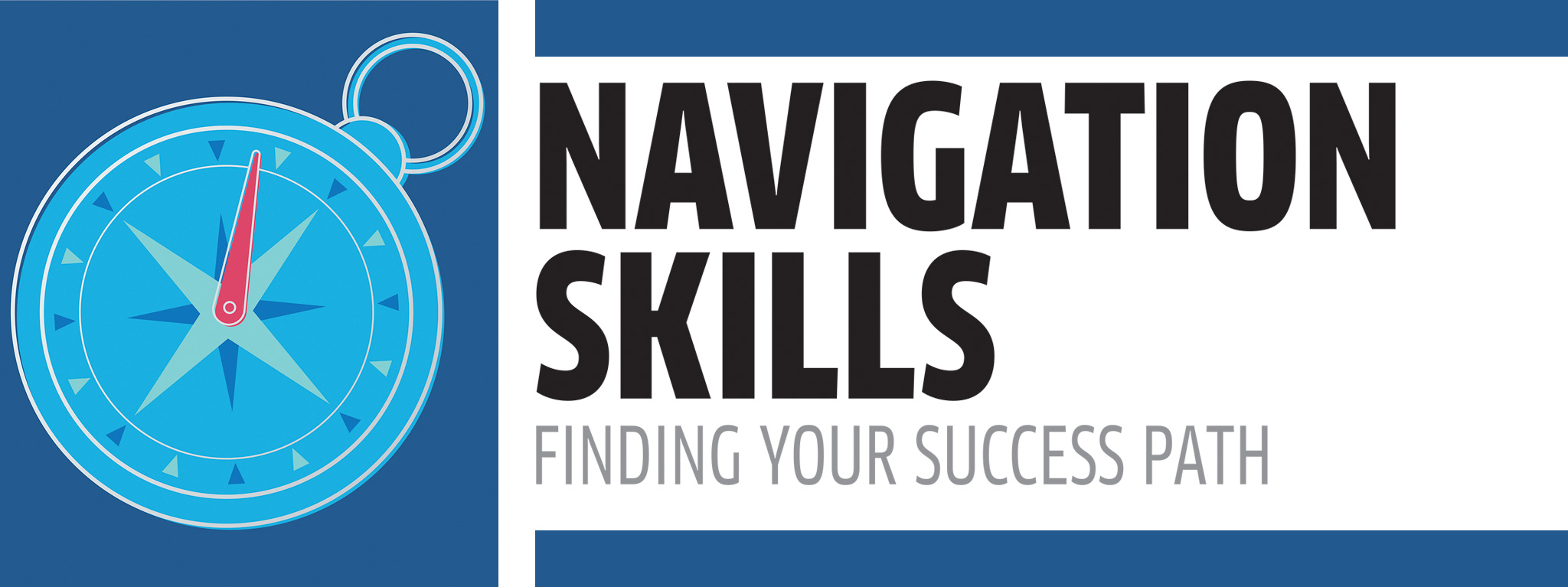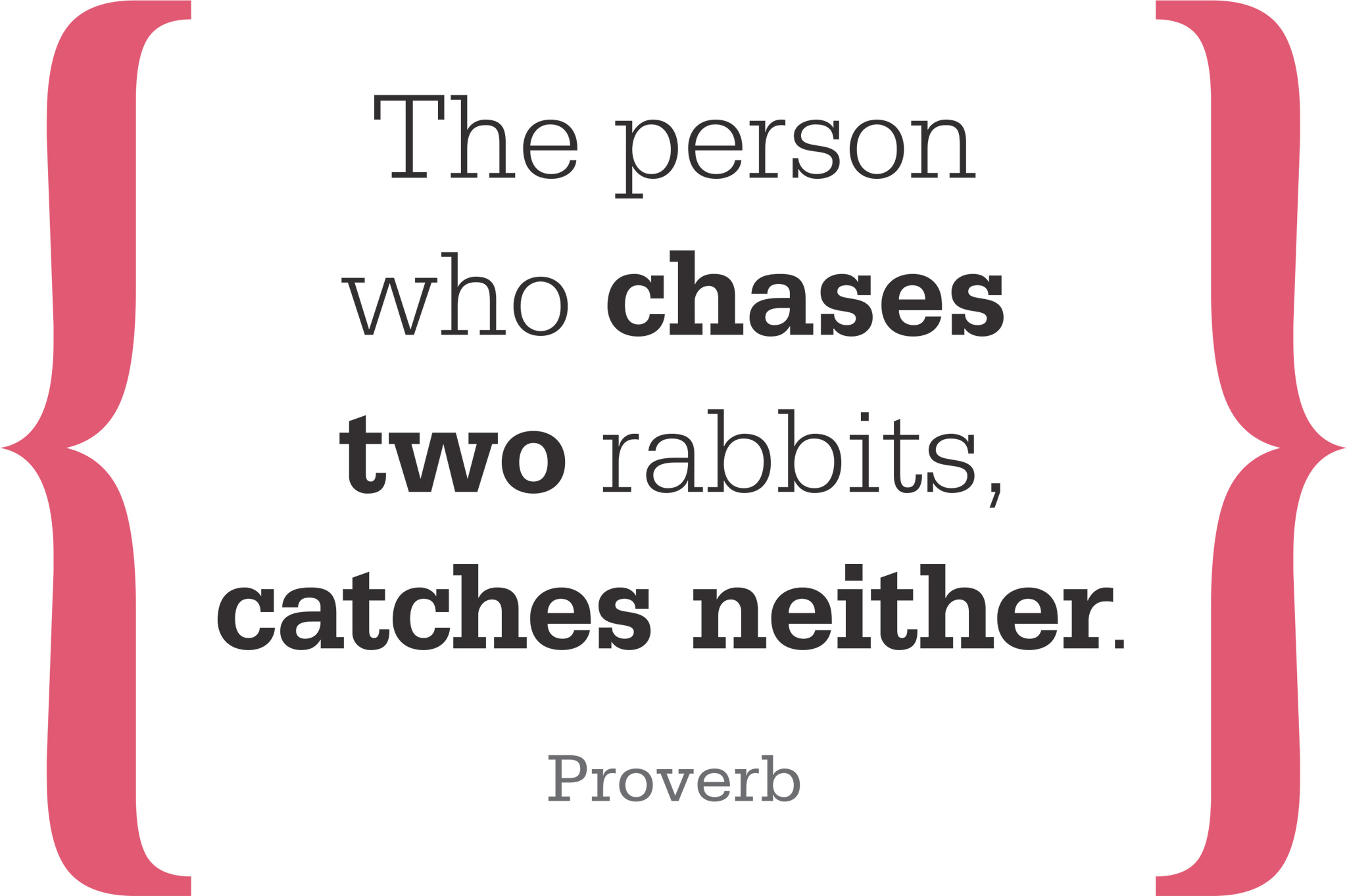
Active and ambitious people often have more than one aspiration, and sometimes these can conflict with each other. What’s the solution when it comes to deciding which options to choose?
You’d think everyone would have the same attitude toward personal ability, but in fact studies suggest that there are two opposing sets of beliefs at play:
The entity theory: the idea that our talents and competence are pretty much fixed. Some people are born good at things, others are not, and our abilities are just part of who we are.
The incremental theory: what we are capable of doing is something we can change and develop.
What these theories refer to is our perceived competence: how likely we think we are to succeed if we try something, either in terms of impressing others (performance goals), or in terms of learning how to do things (mastery goals).
The winner is…
Which of these theories should we give credence to? The encouraging news is that scientific research supports the incremental theory. A 2006 study published in the Journal of Personality and Social Psychology tested more than 450 people and found that the most solid predictor of success—even in supposedly objective measures like IQ tests— was how much a person believed in being able to change what they do. If you want to succeed, the first step is to see yourself as someone who’s capable of learning. Believing you can master new skills makes it significantly more likely you will do so—so let potential rather than current ability be your guide when making decisions.

Seek a positive environment
If you’re considering moving on, approach any new workplace with an eye to the prevailing ethos and culture. Sustained stress and feelings of anxiety will limit your growth, so when selecting a new organization to join, it is better to select one where people focus on creating positive changes.
Positive Organizational Scholarship (POS)—an umbrella concept within organizational studies—has focused on the importance of creating cultures that facilitate the growth and development of people and ways of doing things to serve customers and sustainable change. POS emphasizes the importance of positive attributes, processes, and outcomes. One basic idea is that it’s more effective for a leader or mentor to focus on someone’s good points and build on them than it is to focus on their limitations. This creates a situation in which it’s safe for them to experiment.
In short, when choosing your path, look for evidence that the organization seeks to grow and make a difference. You’ll develop better and spot more opportunities if you see yourself as capable of learning, and you’ll learn better with people who are more interested in what you can do than what you can’t.
The positive development cycle
Positive Organizational Scholarship (POS) argues that people learn most when they’re taught to focus on their strengths rather than their weaknesses. This can create a virtuous circle:

 TROUBLE CHOOSING?
TROUBLE CHOOSING?
If it’s proving hard to choose between your aspirations, try this technique, attributed to magnate Warren Buffett:
- Write a list of 25 things you’d like to accomplish over the next year. Include everything—personal life as well as work.
- Circle the five most important items on your list.
- Double-check that these five are the absolute top priority for you.
- Start formulating a plan for how to work toward these five goals, which resources you’ll need to assemble, etc.
- Set aside the other 20 items. Once you’ve achieved your top five, you can reassess your goals, but until then the other 20 are distractions.
